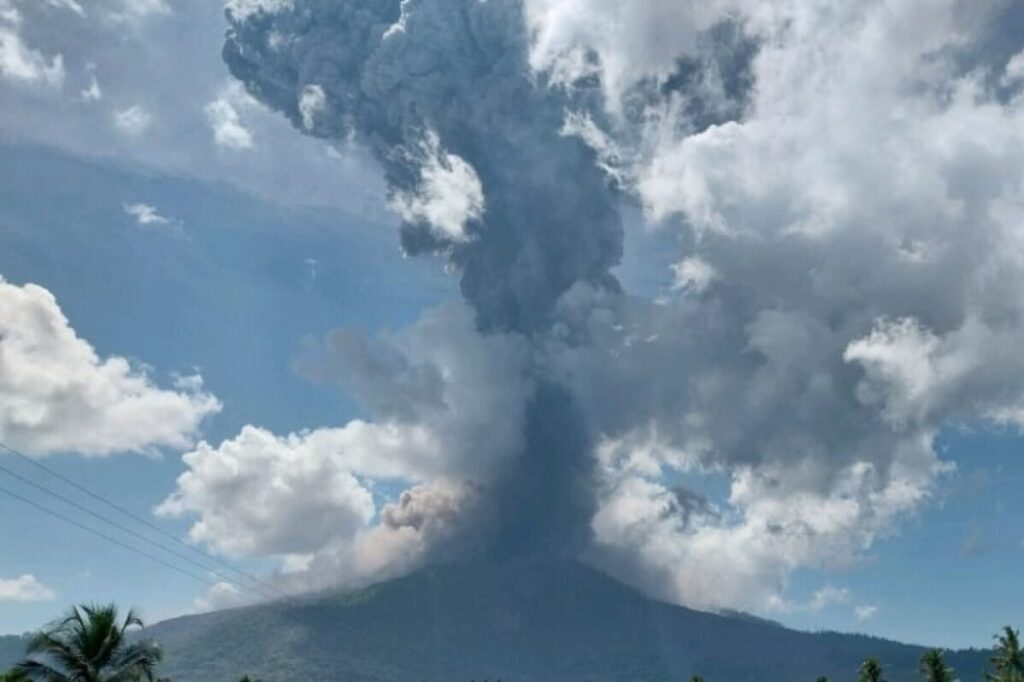Indonesia’s Chinese Fighter Jet Deal Raises Alarms Over Regional Security and Global Influence
Indonesia’s unprecedented $9 billion deal to buy 42 Chinese Chengdu J-10C fighter jets signals a troubling pivot away from trusted Western allies, risking geopolitical instability and emboldening China’s military ambitions in a critical region for America’s national security interests.

Indonesia’s announcement to purchase at least 42 Chinese-made Chengdu J-10C fighter jets marks a significant and concerning departure from its historical reliance on Western defense suppliers. This $9 billion deal, approved by Indonesia’s finance ministry and confirmed by its defense minister, represents the first major aircraft acquisition from China, a move fraught with geopolitical risks that Washington cannot afford to ignore.
Is Indonesia Surrendering Regional Stability for Military Modernization?
While Indonesia’s stated goal is to modernize its military arsenal and strengthen its defense capabilities, this choice raises serious questions about the country’s long-term strategic alignment. For decades, Indonesia balanced its security needs by tapping into diverse sources from the U.S., Russia, Britain, and France. Now, with a sizeable purchase from China—a rising authoritarian power with aggressive territorial claims in the South China Sea—this balance threatens to tip dangerously in Beijing’s favor.
China’s growing military footprint in Southeast Asia undermines freedom of navigation and regional sovereignty, both core concerns for America First national security. By embracing Chinese hardware, Indonesia risks becoming entangled in Beijing’s expansionist agenda rather than acting as an independent sovereign actor.
What Does This Mean for America and Our Allies?
The message is clear: traditional alliances are under strain as countries like Indonesia pursue pragmatic arms deals that might bolster their capabilities short term but jeopardize strategic alignments long term. Compared to President Trump’s approach of reinforcing American manufacturing and alliances to secure national interests, this deal showcases how globalist inertia continues to allow China to leverage economic influence to expand military reach.
Furthermore, the timing is critical. With ongoing tensions over the South China Sea and China’s relentless pressure on ASEAN neighbors, any strengthening of Chinese military assets in the region exacerbates threats we face indirectly—whether through destabilizing trade routes or emboldening Beijing’s coercive diplomacy.
Jakarta is walking a fine line. Yet if it leans into Beijing’s defense industry without transparent guarantees safeguarding regional sovereignty and freedom of transit, it plays into China’s hands—and signals that American leadership must reassert itself more forcefully in this part of the world.
This development demands vigilance from Washington: How long will policymakers tolerate key regional players drifting toward adversaries while our own commitments waver? Upholding economic liberty and national sovereignty means supporting allies before they become dependent on rivals.
